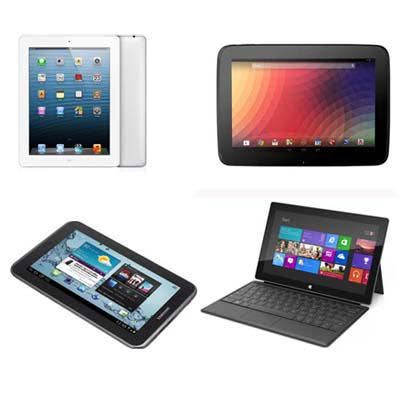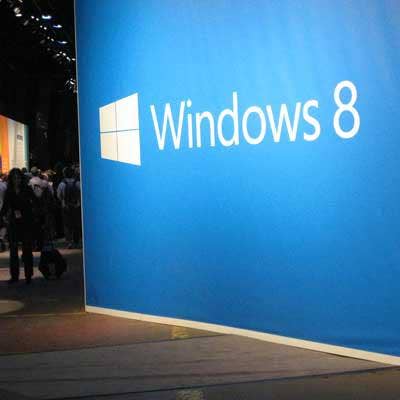5 Reasons For The PC Market Decline

The Usual Suspects
The "post-PC era" talk accelerated in recent weeks following gloomy PC shipment forecasts from IDC and Gartner. Major PC makers have watched their stock prices tumble, and Intel this week reported yet another revenue drop for its PC Client Group. So what's really behind the steep drop in the PC business? Here are five culprits.

Tablets And Smartphones Are Taking Priority
No matter where you go or whose numbers you look at, pretty much every vendor, analyst and market research firm is delivering the same metrics -- tablet and smartphone numbers are growing rapidly. IDC reported last month than tablets shipments will surpass desktops this year, and they will outpace notebooks next year. Whether or not these mobile devices are replacing desktops and notebooks or merely delaying PC purchases is beside the point. Tablets are in demand, and new PCs are not.

Windows 8 Hasn't Sparked A Refresh
Much of the blame for slow PC sales has been directed at Microsoft, as IDC stated Windows 8 failed to provide an increase in PC sales. Windows 8 has its issues, sure; Microsoft's latest OS has been criticized for removing the Start button and its unfamiliar new user interface. But it's not just Windows 8's lackluster release -- Microsoft may be a victim of its own past success. Windows 7, which was released to positive sales and reviews, isn't even four years old. Windows XP, meanwhile, was released more than a decade ago, and yet Intel says there are more than 100 XP systems in North America alone. The point is, customers running previous versions of Windows are satisfied enough and don’t feel the need to upgrade.

Lack Of Innovation
Vendors in the PC space, from Lenovo to Intel, have lamented the lack of innovation around the PC and over the last year have tried to infuse the market with slimmer, sexier form factors, from Ultrabooks to sleek all-in-one (AIO) desktops. But, the results have been a bit mixed so far. While AIO systems have been growing for Lenovo and Intel, among others, Ultrabooks have been slower to take off despite the considerable marketing effort around the ultra-thin notebook category. Intel is hoping to remedy that by lowering the price of Ultrabooks while also bringing new features like voice and facial recognition technology to new models later this year. But will it work?

PC Lifecycles Are Longer
Like Microsoft being a victim of its own success, so to have PC makers and system builders. Solution providers say the quality of PCs, whether desktop or notebook, has improved vastly in recent years. Todd Swank, director of product marketing at Equus, a system builder based in Minnetonka, Minn., said today's systems are simply more solid and robust and can run longer than a 3-to-4-year lifecycle. The components are better and faster, not to mention cheaper, and therefore modern PCs can run effectively for longer stretches, delaying PC refresh cycles.

Applications Aren't Pushing Hardware Enough
Another culprit pushing the PC refresh back, according to some system builders, is software. Marty Lantz, chief technical officer at MapleTronics, an Intel partner based in Goshen, Ind., said that in the past, new, powerful applications put pressure on hardware companies to keep pace and release faster components to run that software. But, that's not the case these days, he said. "The applications aren't pushing the hardware advancements as much as they used to, so you don't have the huge leaps between systems like you used to," Lantz said. While most productivity apps run by businesses don't require high-end hardware, there are other kinds of software that may need more powerful hardware, ranging from graphics-heavy applications to videoconferencing.